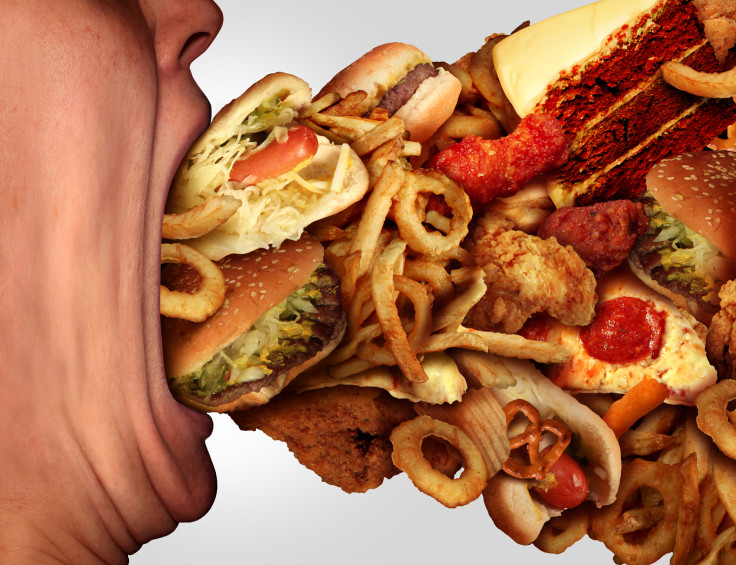Why some people love fatty foods way more than others
One in 100 obese people have defect in the MC4R gene, which could be making them crave more fat.

Some people might be predisposed to seek out fatty foods because of a genetic mutation in their brains. Researchers have discovered people with defects in the melanocortin-4 receptor (MC4R) are far more likely to favour high-fat foods compared with healthy weight and obese people without the mutation.
It has long been known humans have a higher preference for foods high in fat and sugar – seeking out these foods would have aided our ancestors' survival during times of famine. However, what drives people's personal food preferences is not known.
A team from the University of Cambridge was looking at neural circuits involved in regulating food preferences. Previous work on mice has shown mutations in the gene for MC4R resulted in the overconsumption of foods that were high in fat but low in sugar – but would this translate to human models?
In a study published in Nature Communications, researchers first compared 14 obese individuals that had variations in MC4R with 20 obese people without the mutation and 20 lean people. They were asked to give a preference for three types of chicken korma. One was low fat, another medium fat and the third had a high fat content. Participants did not know which was which.
While the total amount of food for all three participant groups was similar, findings showed the MC4R showed a far higher preference for the high fat korma than the lean people (consuming 95% more) and the obese people without the mutation (65% more).

The researchers then compared 10 MC4R people with 20 lean and 20 obese people on a taste test of three types of Eton mess – one low sugar, one medium and one high sugar. This time, the MC4R group showed an aversion to all deserts, eating far less than the other two groups. The obese and lean people showed a preference to the high sugar content desert.
Around one in 100 people have a defect in the MC4R gene. Researchers believe the mutation – and resulting preference for fatty foods – could be making them more likely to put on weight. Understanding this pathway could also lead to a means of treating obesity in the future.
Research leader Sadaf Farooqi said: "Our work shows that even if you tightly control the appearance and taste of food, our brains can detect the nutrient content. Most of the time we eat foods that are both high in fat and high in sugar. By carefully testing these nutrients separately in this study, and by testing a relatively rare group of people with the defective MC4R gene, we were able to show that specific brain pathways can modulate food preference."
© Copyright IBTimes 2025. All rights reserved.






















